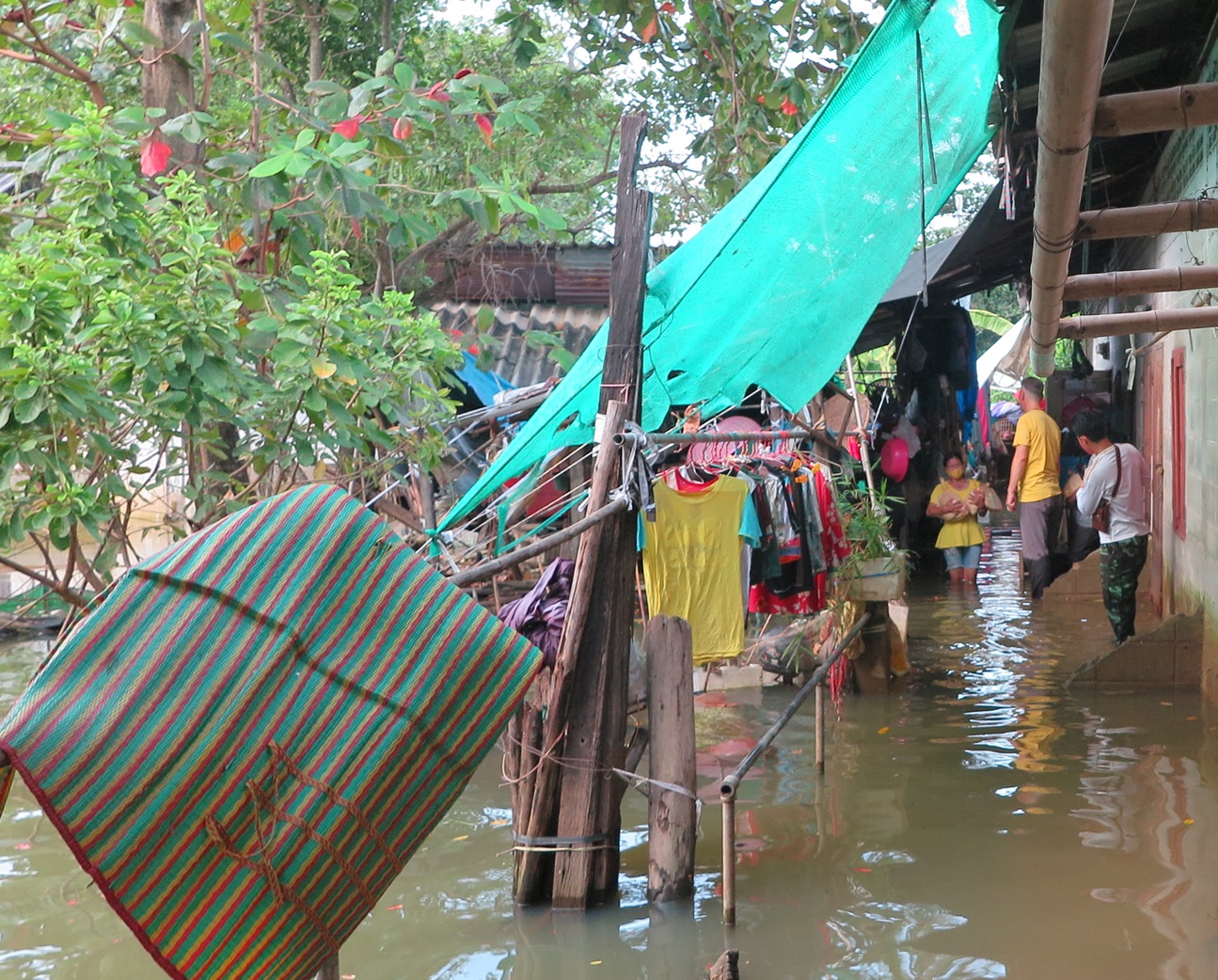In the shadow of its political crises, Bangkok continues to physically sink
While the formation of Paetongtarn Shinawatra's government is being debated, ecnomist Anusorn Thammajai raises the alarm: 80 per cent of the territory is at risk, large areas could already be submerged in seven to eight years. Urgent strategies include mitigation measures in coastal areas. While the construction site at the Indonesian Nusantara becomes a benchmark on the hypothesis of a new capital.
Bangkok (AsiaNews) - In just seven to eight years Bangkok could end up under water, and substantial initiatives to prevent this can no longer be postponed. As the country grapples with yet another political crisis, surrounding the formation of Paetongtarn Shinawatra's government after the path paved by the Constitutional Court ruling, the debate on the growing impact of global warming on the economy and the quality of life of Thais has been reopened in recent days by Anusorn Thammajai, dean of the Economics faculty of the Thai Chamber of Commerce University and former member of the Thai National Research Council.
The persistence of the La Niña phenomenon between nine and twelve months with a drop in temperatures that opens up to an intensification of rainfall of up to 14 billion cubic metres per year, already brings widespread damage to agriculture due to alternating severe droughts and floods.
In the capital Bangkok, building speculation continues to produce huge apartment blocks and commercial structures without taking into account the characteristics of the soil. Along with the location at the mouth of the Chao Praya River and the increasing risk of storm surges, air pollution for prolonged periods with serious health risks for the population also makes life problematic.
What Anusorn points out takes its cue from a Greepeace study that confirms the risks of flooding in the capital if action is not taken urgently, and not only when Bangkok suffers the floods of its river swollen by countless watercourses along crossing Thailand from North to South. By now, 80 per cent of the metropolitan area and 10.45 million inhabitants would be at risk with enormous economic damage.
For the economist, a mix of urgent strategies must be put in place: building barrages that better regulate the inflow of water into the capital, elevated coastal roads, increasing the surface area of mangrove forests to absorb the influence of tides and waves on the land, reorganising the use of coastal land, investing in environmental protection in the areas most at risk, and accelerating the use of renewable energy.
But among the ideas on the table in Thailand is also the study on the relocation of the capital. A project that is not new, here as elsewhere in Asia, and which now has a term of comparison in the ongoing relocation of the Indonesian capital from the west coast of the island of Java to the city of Nusantara, under construction in Borneo.







.png)











